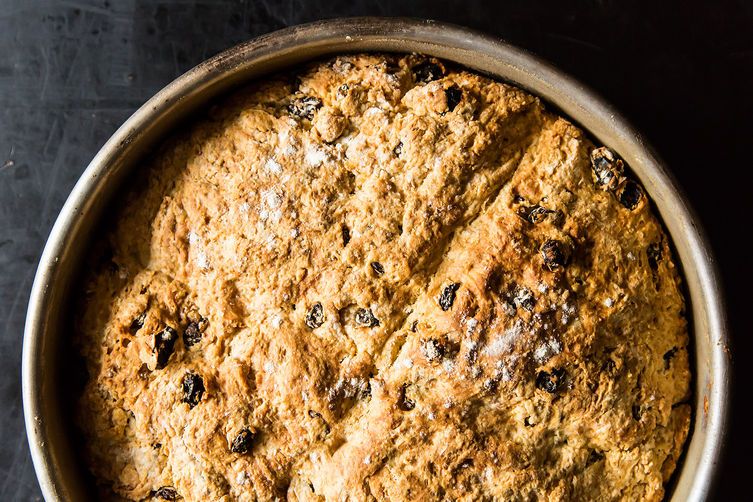
On our new weekly podcast, two friends separated by the Atlantic take questions and compare notes on everything from charcuterie trends to scone etiquette.
Listen NowPopular on Food52
Continue After Advertisement
5 Comments
Mark S.
January 11, 2014
The hidden truth to this story may have been the use of the grapes to provide wild yeast as a source for natural fermentation / leavain for Thoreau's loaf.
Pegeen
July 1, 2013
I love this nugget - thank you! Food history is so much fun. I hope this Features topic will keep on.
I love Thoreau. But I’m imagining him in his Walden cabin, less than two miles from his family’s house, getting his granola groove on. Dried fruits (esp grapes) have been around since one million A.D., right? So he’s getting a little hungry and figures out his bread will taste better if it has something tasty in it. Because he doesn’t know how to cook! His mother did it for him! And he doesn’t want to have to walk to her house! If he had stayed at Walden a little longer, he probably would have figured out stromboli.
Don’t get me wrong, I love the Transcendentalists, esp Emerson and the story of Louisa May Alcott. Great book: Susan Cheever’s “American Bloomsbury.”
I love Thoreau. But I’m imagining him in his Walden cabin, less than two miles from his family’s house, getting his granola groove on. Dried fruits (esp grapes) have been around since one million A.D., right? So he’s getting a little hungry and figures out his bread will taste better if it has something tasty in it. Because he doesn’t know how to cook! His mother did it for him! And he doesn’t want to have to walk to her house! If he had stayed at Walden a little longer, he probably would have figured out stromboli.
Don’t get me wrong, I love the Transcendentalists, esp Emerson and the story of Louisa May Alcott. Great book: Susan Cheever’s “American Bloomsbury.”


See what other Food52 readers are saying.